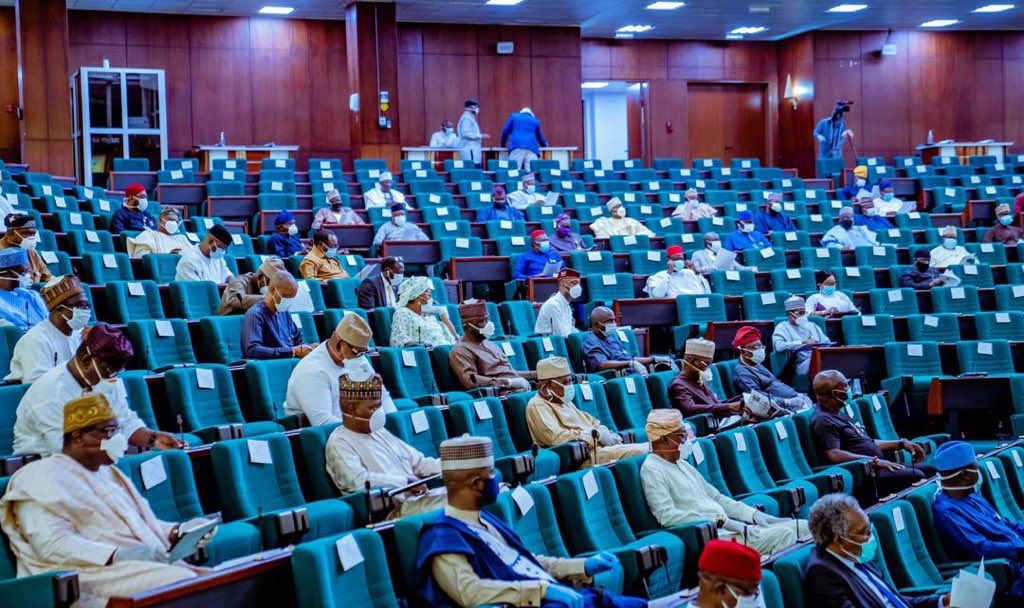The house of representatives has called on Central Bank of Nigeria (CBN) to “urgently” set up a policy to tackle the devaluation of the naira.
Recall that last month the apex bank adopted the importer and exporter window (I&E) as the default reference exchange rate for official transactions.
The move weakened the naira by 8 percent to N410.25/$1. At the parallel market, the naira is currently trading above N500/$1 as speculations over the availability of forex hamper market operations.
At its sitting on Wednesday, the lawmakers said the “rapid devaluation” of the local currency may scare off foreign investors because the depreciation can reduce the value of their holdings.
The green chamber passed the resolution during plenary session following the adoption of a motion of urgent public importance sponsored by Bamidele Salam from Osun state.
Leading the debate on the floor of the house, Salam argued that while the value of the naira has declined by 9 percent to the US dollar in the last six months, “the South African Rand and Ghanaian Cedi, have appreciated by 11.4 percent and 1 percent, respectively”.
He added that “all is not well with the naira and whatever policy is being adopted to manage it at the moment”.
The lawmaker said some experts believed that Nigeria devalued the Naira to record low against the dollar on the official market, adding that “according to some traders, their strategy is to unify multiple exchange rates to boost the dollar supply through direct interventions.”
Salam warned the house that the devaluation is likely to cause inflation because imported goods will become expensive while “aggregate demand (AD) increases — causing demand-pull inflation”.
“Concerned that devaluation of the Naira makes it more difficult for Nigerian youths especially in the IT sector whose businesses are online and must necessarily transact businesses in the US dollars,” he said.
“It also reduces real wages. In a period of low wage growth, a devaluation that causes rising import prices will make many consumers feel worse off.
“It makes investors less willing to hold government debt because the depreciation effectively reduces the actual value of their holdings. In some cases, rapid devaluation can trigger capital flight.
“If consumers have debts, e.g. mortgages in foreign currency, they will see a sharp rise in the cost of their debt repayments after a devaluation,” he said.
The motion was unanimously adopted after a voice vote by Femi Gbajabiamila, speaker of the house.
The house mandated its committee on banking and currency to ensure compliance and report back within two weeks.
Godwin Emefiele, governor of the CBN, had said Nigeria still operates a managed-float exchange regime – dismissing insinuations about naira devaluation.
A managed float fx regime is when exchange rates fluctuate daily, but central banks attempt to influence the rate by buying and selling currencies to maintain a specific range.
